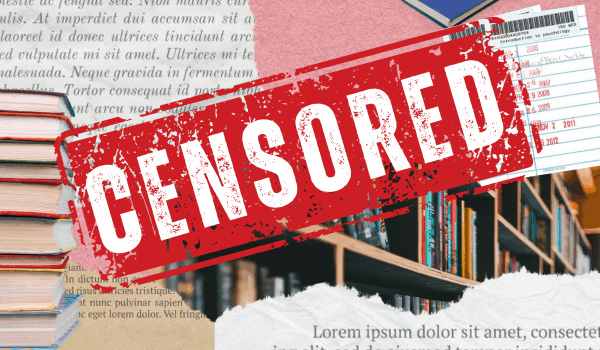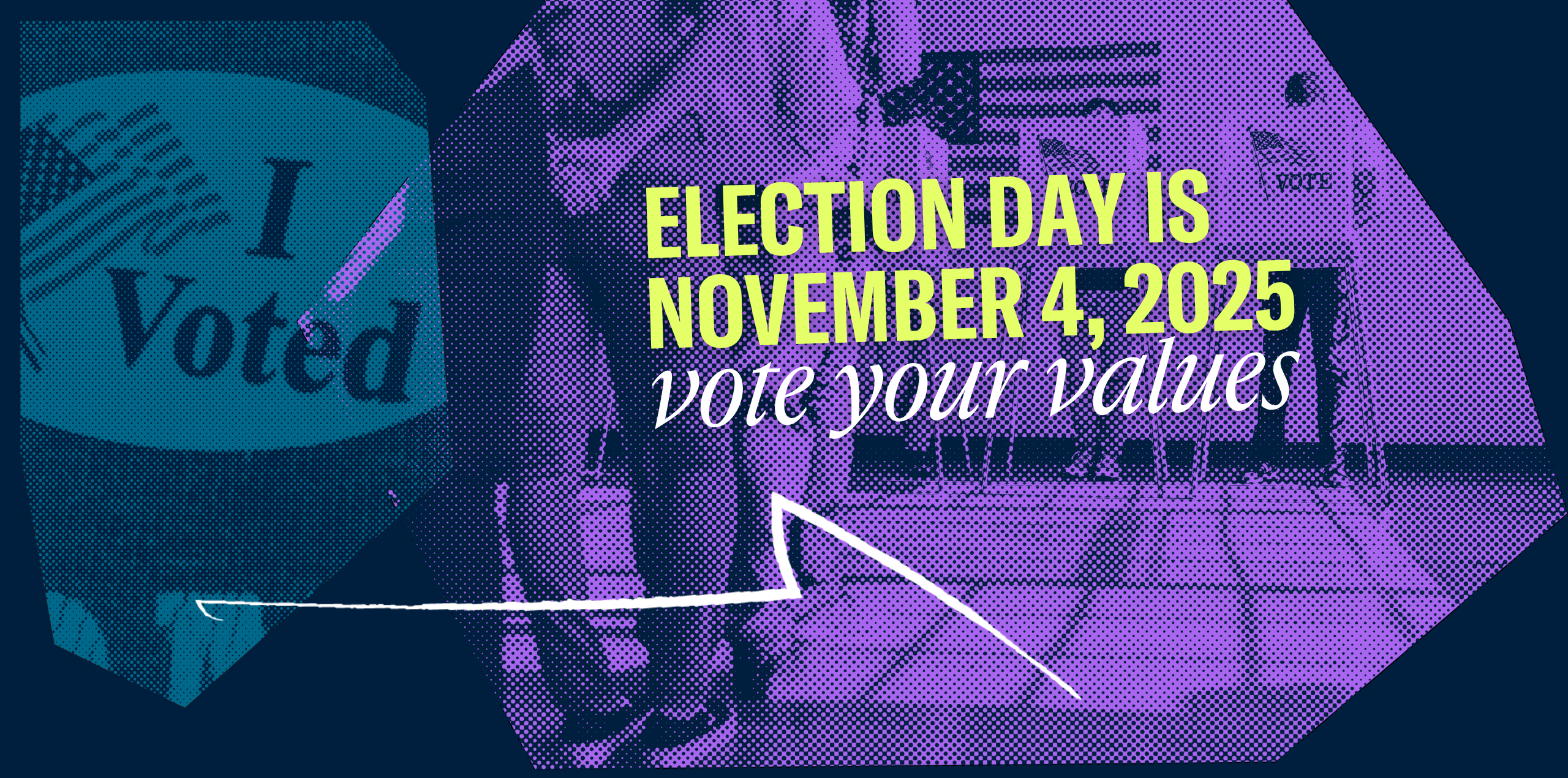In recent years, we have seen the push for censorship in classrooms and libraries increase across the country. Unfortunately, book bans are not new, especially those that target books centered on the experiences of the most marginalized communities.
The most challenged book of 2024 was by George M. Johnson, an author who was born in New Jersey.
Targeted since its publication in 2020, All Boys Aren’t Blue: A Memoir-Manifesto details Johnson’s experiences growing up as a Black nonbinary person in New Jersey and Virginia.
Johnson’s book is just one of hundreds currently banned. Earlier this year, the American Library Association reported that there were 821 attempts to censor books across genres in 2024. And in line with the historical trend of book bans, the majority of these titles focused on experiences related to race and sexuality.
All students have a First Amendment right to read and learn about the history and viewpoints of all communities, including their own, in and outside of the classroom. Seeing oneself represented in literature and learning about the lives of others is essential to cultivating confidence, curiosity, and empathy in young people.
Book bans also infringe on the right of schools and teachers to make certain books – predominantly those by Black, brown, and LGBTQ+ authors discussing issues of race, gender, and sexual orientation – available to students to learn from and explore. By targeting specific experiences, typically those of marginalized communities, book bans undermine power and reinforce discrimination.
Instead of banning books, we should promote them, especially those that challenge us to think critically and engage with diverse perspectives different from our own.
This week is Banned Books Week, which celebrates the freedom to read and calls attention to attempts to censor books in the classroom. Established in 1982 in response to a surge in attempts to ban certain books from schools and libraries, the observance stresses the importance of ensuring these titles remain available to all who wish to read them.
The ACLU of New Jersey advocates for free speech and equitable education, which includes the right to read. We must learn from our nation’s history, reject discriminatory attacks by prioritizing inclusive policy change, and protect New Jerseyans’ fundamental rights – especially for those who are most vulnerable.
Take a moment and use your voice to defend every student's right to learn and tell your representatives to co-sponsor the Fight Book Bans Act.
We can all fight against book bans and censorship. Find a banned book to read today.





